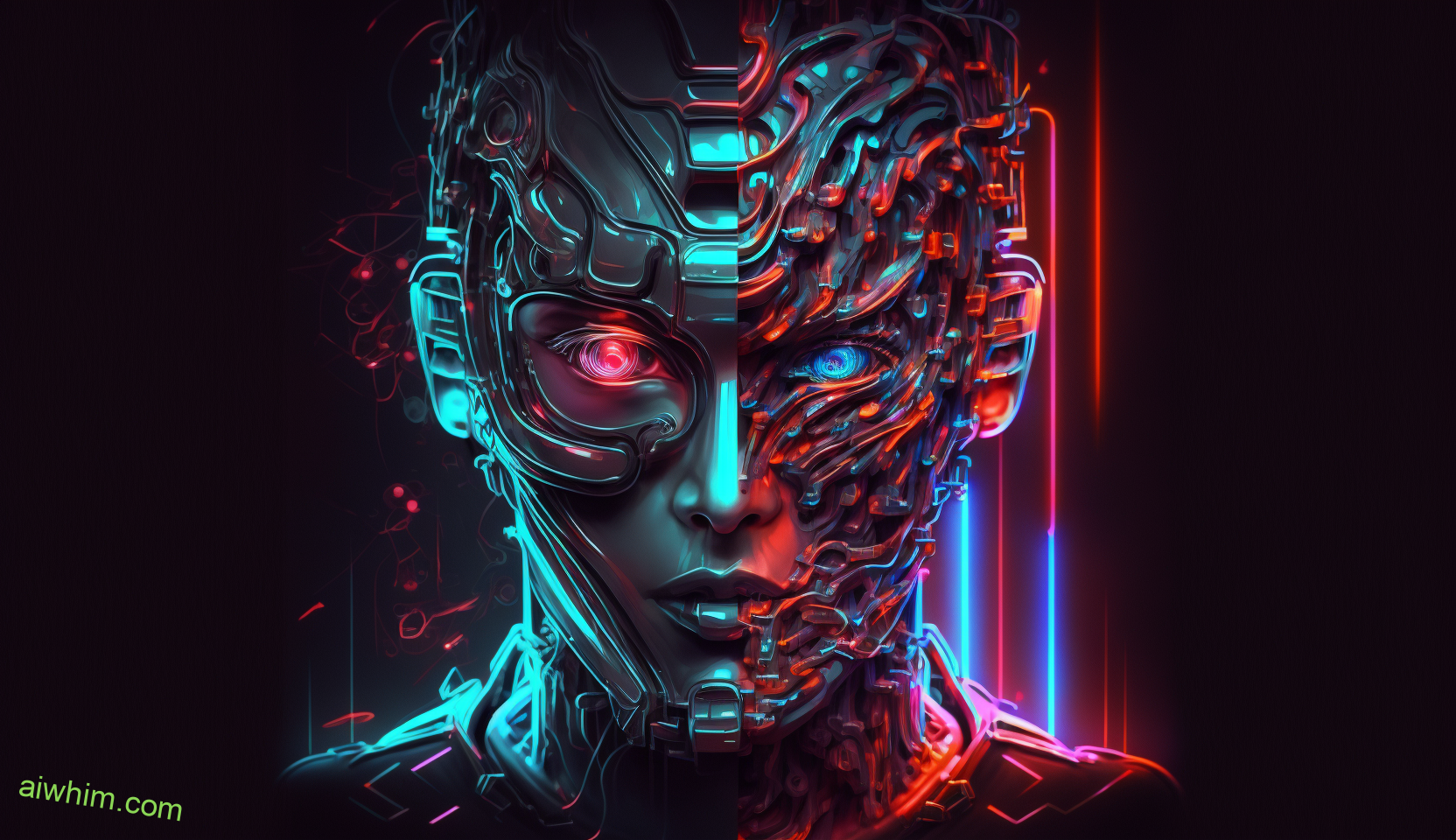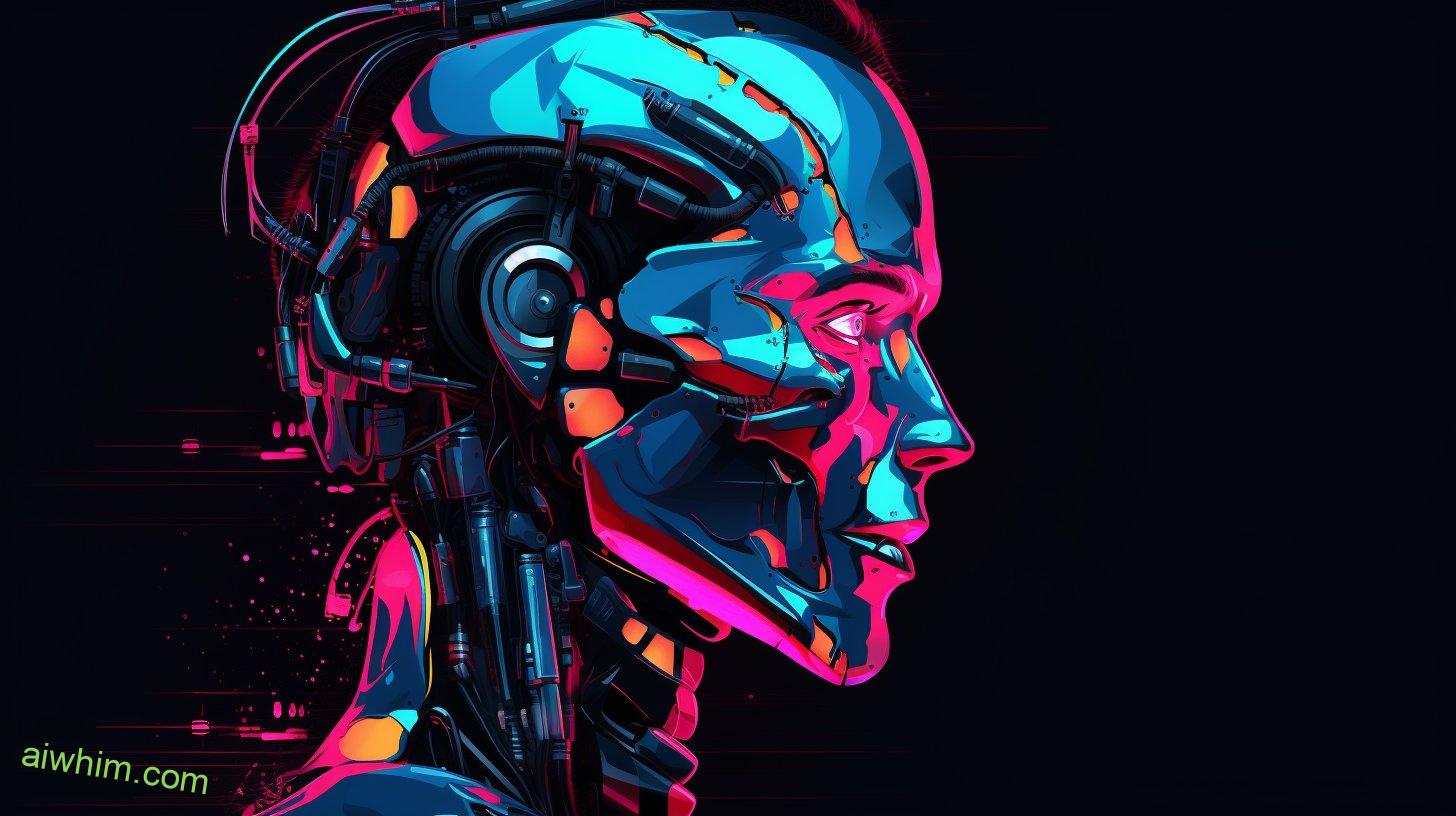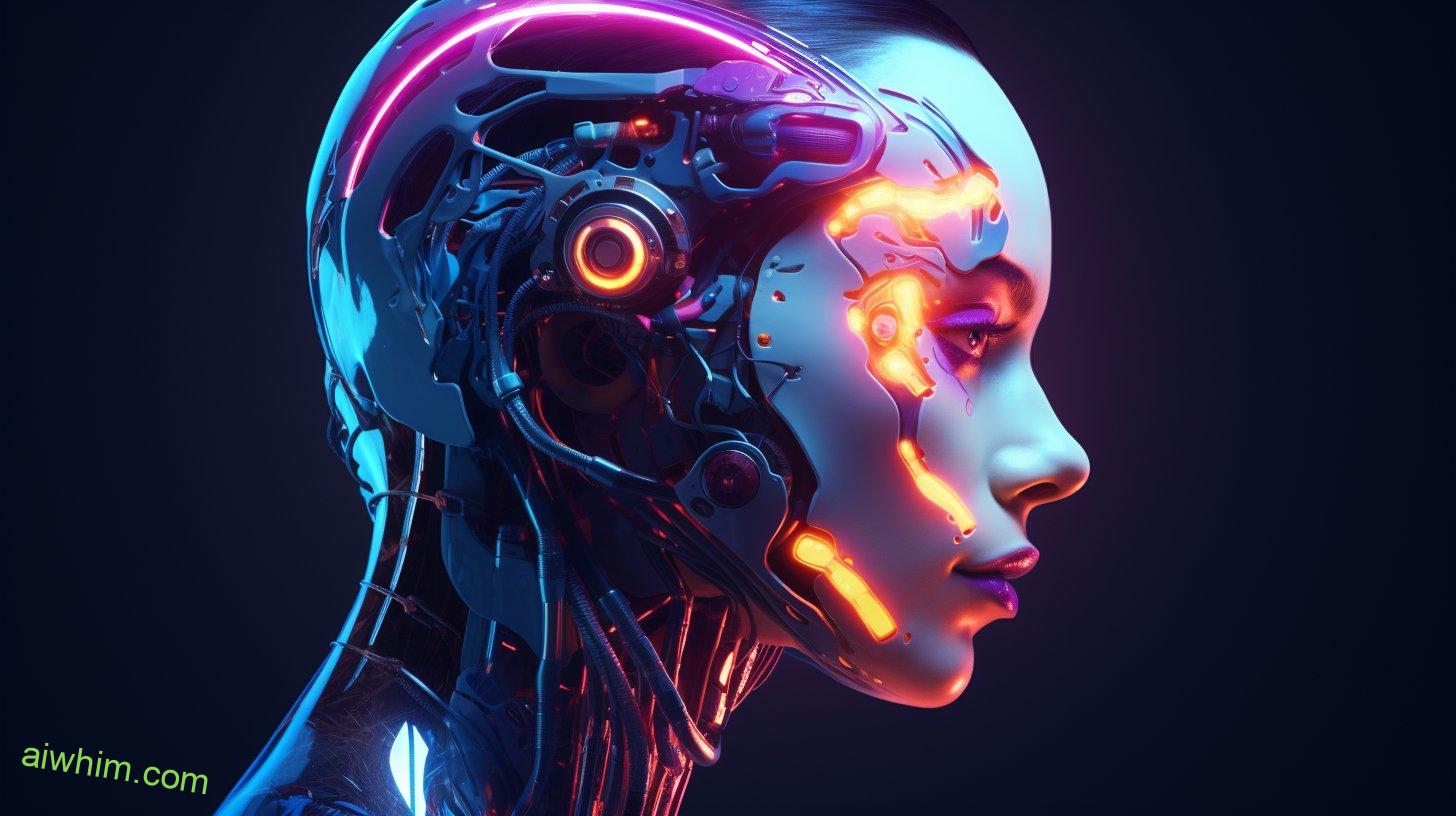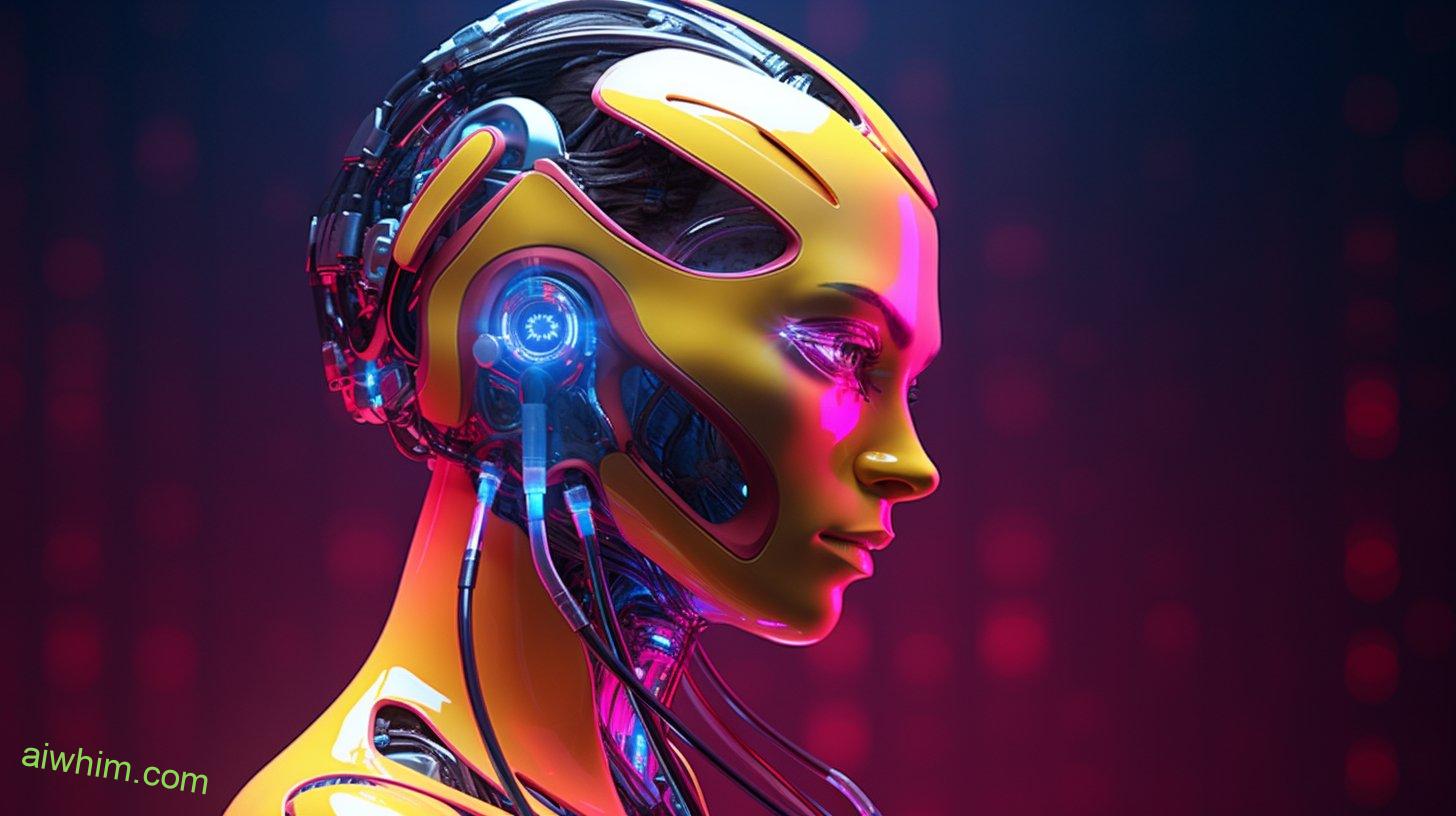You might be thinking, ‘Are astronomers really on the verge of an AI takeover?’ Well, let’s explore the role of AI in modern astronomy together.
Advancements in AI technology have revolutionized data analysis, aiding in the discovery of exoplanets and enhancing astronomical imaging.
But don’t worry, this article will also address concerns about transparency, bias, and the need for human expertise.
So, let’s dive into the exciting world where astronomers and AI collaborate to unlock the mysteries of the universe.
Key Takeaways
- AI revolutionizes data analysis in astronomy, enabling efficient and accurate analysis of vast amounts of data.
- AI enhances astronomical imaging by automating celestial object identification, providing real-time adjustments, and improving image quality and clarity.
- AI has the potential to predict and understand cosmic events by analyzing data, uncovering patterns and correlations, and deepening our understanding of the universe.
- Collaboration between humans and AI is essential in astronomy, as human oversight, expertise, and critical thinking are necessary to ensure ethical standards, interpret AI-generated findings, and strike a balance between automation and human involvement.

The Role of AI in Modern Astronomy
In modern astronomy, AI plays a crucial role in analyzing vast amounts of data and discovering new celestial phenomena. With advancements in machine learning algorithms, AI has revolutionized astronomical research and has had a significant impact on our understanding of the universe.
One of the most significant impacts of AI on astronomical research is its ability to process and analyze massive amounts of data. Astronomers now have access to an unprecedented volume of data from telescopes, satellites, and other astronomical instruments. However, manually analyzing this enormous amount of data would be an impossible task. This is where AI steps in, using its ability to learn from patterns and algorithms to quickly and accurately analyze the data. AI can identify and categorize celestial objects, detect anomalies, and even predict the behavior of astronomical phenomena.
Another area where AI has made significant advancements in astronomical research is in the discovery of new celestial phenomena. By analyzing vast amounts of data, AI can detect subtle patterns and anomalies that might go unnoticed by human astronomers. This has led to the discovery of new exoplanets, asteroids, and even gravitational waves. AI can sift through data from multiple sources, identifying potential candidates for further investigation, and helping astronomers focus their efforts in the right direction.
The impact of AI on astronomical research can’t be overstated. It has allowed astronomers to process and analyze data at an unprecedented scale and speed, leading to new discoveries and a deeper understanding of the universe. As advancements in machine learning algorithms continue to evolve, AI will undoubtedly play an even more significant role in the future of astronomy, helping us unlock the mysteries of the cosmos.

Advancements in AI Technology for Astronomical Data Analysis
You can’t ignore the impact of AI technology on the analysis of astronomical data. With the advancements in machine learning, the field of astronomy has been revolutionized. AI has brought about a new era of efficiency and accuracy in astronomical research, allowing scientists to analyze vast amounts of data in a fraction of the time it would have taken before.
The impact of AI on astronomical research can’t be overstated. With the help of machine learning algorithms, astronomers are now able to sift through massive datasets and identify patterns and anomalies that would have otherwise gone unnoticed. This has led to groundbreaking discoveries and a deeper understanding of the universe we live in.
One of the key benefits of AI technology in astronomy is its ability to handle complex data analysis tasks. Traditional methods often require manual intervention and subjective interpretations, which can introduce biases and errors. However, with AI, astronomers can rely on algorithms that are designed to analyze data objectively, ensuring more accurate and reliable results.
Moreover, AI has also enabled astronomers to explore new frontiers in their research. By processing and analyzing data at an unprecedented scale, scientists can uncover hidden relationships and connections that were previously unattainable. This has opened up new avenues for discovery and has the potential to reshape our understanding of the cosmos.
In conclusion, the advancements in machine learning have had a profound impact on the field of astronomy. AI technology has revolutionized the way we analyze astronomical data, allowing for faster, more accurate, and more objective research. With its ability to handle complex data analysis tasks and uncover hidden patterns, AI has become an invaluable tool for astronomers seeking to unlock the mysteries of the universe.

AI’s Contribution to the Discovery of Exoplanets
With AI technology, you’ll be amazed at the number of exoplanets astronomers have been able to discover. Artificial Intelligence has revolutionized space exploration, enabling scientists to identify habitable exoplanets more efficiently than ever before. AI’s impact on space exploration is undeniable, as it has significantly accelerated the discovery process and expanded our understanding of the universe.
AI’s role in identifying habitable exoplanets is crucial. By analyzing vast amounts of astronomical data collected by telescopes and satellites, AI algorithms can detect subtle patterns and anomalies that may indicate the presence of exoplanets. This ability has allowed scientists to uncover thousands of exoplanets, including some that could potentially support life.
The use of AI in space exploration hasn’t only increased the quantity of exoplanets discovered but also improved the quality of the data obtained. By automating the analysis process, AI reduces human error and bias, ensuring accurate and reliable results. This enables astronomers to focus on interpreting the data and making groundbreaking discoveries, rather than being overwhelmed by the sheer volume of information.
Furthermore, AI has the potential to discover exoplanets that may have been overlooked by traditional methods. Its ability to identify subtle patterns in data allows it to uncover exoplanets that may have previously gone unnoticed. This opens up new possibilities for finding habitable exoplanets and expanding our understanding of the universe.
In conclusion, AI’s impact on space exploration is extraordinary. Its ability to identify habitable exoplanets has revolutionized the field, enabling scientists to discover and study a multitude of exoplanets. As AI technology continues to advance, we can expect even greater discoveries and a deeper understanding of the universe.

Enhancing Astronomical Imaging With AI Algorithms
Get ready to witness the transformative power of AI algorithms in enhancing astronomical imaging. With the advancements in technology, astronomers are now able to improve telescope capabilities like never before. AI algorithms are being utilized to automate celestial object identification, making the process more efficient and accurate.
Imagine being able to capture stunning images of distant galaxies and nebulae with unprecedented detail. AI algorithms are revolutionizing astronomical imaging by analyzing vast amounts of data and extracting valuable information. These algorithms can identify celestial objects, such as stars, galaxies, and asteroids, in real-time, allowing astronomers to focus their attention on the most interesting and significant discoveries.
The automated celestial object identification provided by AI algorithms has the potential to revolutionize the way astronomers study the universe. Instead of spending countless hours manually analyzing images, astronomers can now rely on AI to quickly identify and categorize celestial objects. This frees up valuable time for further research and analysis, enabling astronomers to delve deeper into the mysteries of the cosmos.
Furthermore, the integration of AI algorithms with telescopes allows for real-time adjustments and optimizations. These algorithms can analyze the incoming data and make necessary adjustments to improve image quality, reduce noise, and enhance overall clarity. This results in sharper and more detailed images, providing a clearer view of the universe.

AI’s Potential in Predicting and Understanding Cosmic Events
Imagine the vast potential of AI in predicting and understanding cosmic events, revolutionizing our understanding of the universe. With its advanced predictive capabilities and powerful machine learning algorithms, AI has the ability to unlock the secrets of the cosmos like never before. The possibilities are endless, and the freedom to explore and discover is within our grasp.
By harnessing the power of AI, astronomers can analyze vast amounts of data collected from telescopes and satellites, helping them to identify patterns and make accurate predictions about cosmic events. Whether it’s the timing of a supernova explosion or the trajectory of a comet, AI can provide valuable insights that can enhance our understanding of the universe.
Machine learning algorithms play a crucial role in this process. They enable AI systems to learn from vast datasets, identifying patterns and relationships that humans may overlook. With each iteration, the AI becomes more accurate and efficient at predicting and understanding cosmic events. This means that astronomers can rely on AI to provide them with valuable information, allowing them to focus their efforts on other areas of research.
The freedom to explore the universe is enhanced by AI’s predictive capabilities. With the help of AI, astronomers can spend less time analyzing data and more time conducting groundbreaking research. AI can handle the tedious and time-consuming tasks, freeing up astronomers to focus on the big questions and make new discoveries that can reshape our understanding of the cosmos.

Ethical Considerations Surrounding AI in Astronomy
As you explore the ethical considerations surrounding AI in astronomy, you’ll discover the importance of ensuring transparency and accountability in the use of these advanced technologies. With the rapid advancements in AI, there are both exciting possibilities and potential ethical implications to consider. Here, we’ll delve into the key concerns surrounding AI in astronomy, specifically focusing on ethical implications and privacy concerns.
To give you a better understanding of the ethical considerations in AI, here are two sub-lists to paint a picture for you:
Ethical Implications:
- Fairness and Bias: As AI algorithms are developed and trained, it’s crucial to ensure fairness and minimize bias. This is particularly important when making decisions that could impact individuals or communities.
- Human Oversight: While AI can analyze vast amounts of data and make predictions, it’s essential to have human oversight to ensure that ethical standards are met. Humans should have the final say in decisions made by AI systems.
Privacy Concerns:
- Data Collection and Consent: AI systems in astronomy may collect and analyze large amounts of personal data, raising concerns about privacy. It’s vital to obtain informed consent and implement robust data protection measures to safeguard individuals’ privacy.
- Data Storage and Security: With the extensive use of AI, there’s a need to address the security of the data collected. Safeguarding sensitive information from unauthorized access or breaches should be a top priority.
In this era of technological advancement, it’s crucial to strike a balance between the benefits AI can bring to astronomy and the ethical considerations it entails. Transparency and accountability are paramount to ensuring that AI is used responsibly, without compromising privacy or perpetuating bias. By addressing these concerns head-on, we can harness the power of AI in astronomy while upholding the principles of freedom and ethical responsibility.

Ensuring Transparency and Accountability in AI Systems for Astronomy
You can ensure transparency and accountability in AI systems for astronomy by implementing robust data protection measures and obtaining informed consent for the collection and analysis of personal data. In the rapidly evolving field of AI in astronomy, there are several transparency challenges that need to be addressed.
First and foremost, it’s crucial to have clear guidelines regarding the data that’s being collected and how it will be used. This includes defining the scope of personal data that will be collected, as well as ensuring that individuals are fully informed about how their data will be used and have the ability to give or withhold consent.
To address these transparency challenges, accountability measures must be put in place. One such measure is the establishment of clear data protection protocols that outline how personal data will be stored, accessed, and used. These protocols should also include provisions for regular audits to ensure compliance and accountability. Additionally, it’s important to have mechanisms in place that allow individuals to access, correct, and delete their personal data if desired.
Another important accountability measure is the adoption of ethical guidelines and principles for AI in astronomy. These guidelines should address issues such as bias, fairness, and the potential impact of AI systems on individuals and society as a whole. By adhering to these principles, astronomers can ensure that their AI systems are designed and used in a responsible and ethical manner.

Addressing Bias and Fairness Issues in AI-Driven Astronomical Research
To address bias and fairness issues in AI-driven astronomical research, it’s important to implement rigorous evaluation processes that examine the potential biases and ensure equitable outcomes. In the pursuit of freedom and ethical concerns in AI for astronomy, here are some key steps that can be taken:
- Data Collection and Analysis
- Gather a diverse range of data from various sources to ensure a representative sample.
- Analyze the dataset for any biases that may exist, such as underrepresentation of certain groups or overemphasis on specific regions.
- Algorithm Development and Training
- Develop algorithms that are designed to minimize biases and promote fairness.
- Train the AI models on diverse datasets to prevent the perpetuation of biases.
- Regular Audits and Reviews
- Conduct regular audits and reviews of the AI systems to identify and address any biases that may arise over time.
- Engage diverse groups of experts and stakeholders to participate in the evaluation process to ensure a wide range of perspectives.
By following these steps, biases can be identified and addressed in AI-driven astronomical research.
It’s crucial to strive for fairness and equitable outcomes to ensure that the benefits of AI are accessible to all. Transparency and accountability are essential in creating a future where AI and astronomy work hand in hand to expand our understanding of the universe. As we continue to push the boundaries of technological advancements, it’s important to remember that ethical considerations and the pursuit of freedom should guide our actions, promoting a future that’s inclusive and fair.

Collaboration Between Astronomers and AI Systems: Opportunities and Challenges
Working together with AI systems in astronomy presents both exciting opportunities and unique challenges. By collaborating with AI, you can unlock new possibilities in exploring the universe and advancing our understanding of it. However, it’s important to be aware of the challenges in implementing AI systems and the potential risks they may pose.
One of the challenges in implementing AI systems in astronomy is the complexity of the data. Astronomical data is vast and diverse, ranging from images captured by telescopes to intricate astrophysical simulations. Teaching AI to effectively analyze and interpret this data requires careful planning and expertise. Ensuring that the AI algorithms are properly trained and validated is crucial to avoid any biases or errors in the results.
Another challenge is the need for human oversight and decision-making. While AI systems can process data at a rapid pace, they still rely on human astronomers to provide context and make critical judgments. It’s essential to strike a balance between automation and human involvement to ensure accurate and meaningful discoveries.
Furthermore, potential risks arise when relying too heavily on AI systems. The models used in AI algorithms are based on historical data, which means they can perpetuate existing biases and limitations. It’s important to regularly evaluate and update these models to ensure fairness and inclusivity in the astronomical research.

Striking a Balance: Human Expertise and AI in the Future of Astronomy
As you ponder the future of astronomy, it’s clear that a harmonious collaboration between humans and AI is key. Rather than fearing an AI takeover, envision a future where human expertise and AI capabilities work hand in hand, expanding our understanding of the cosmos. This collaboration holds immense potential and promises to shape the future of astronomy in profound ways.
Consider the following scenarios:
- Real-time data analysis: Picture astronomers and AI systems working side by side, analyzing vast amounts of data streaming in from telescopes. The AI rapidly sifts through the data, identifying patterns and anomalies, while astronomers bring their nuanced understanding and creative thinking to interpret the findings. Together, they unlock new insights into the universe.
- Exploration beyond human limits: Envision a future where AI-powered probes autonomously navigate the depths of space, collecting data from distant celestial bodies. These probes are equipped with advanced AI systems that can adapt to unexpected situations, while human astronomers remotely guide and analyze the data, pushing the boundaries of exploration.
In this collaborative future, human expertise and AI capabilities complement each other, propelling us into uncharted territories of knowledge. By harnessing the power of AI, astronomers can process data at unprecedented speeds, enabling them to focus on the deeper questions and mysteries of the universe. As AI becomes more sophisticated, its ability to assist astronomers will only grow, leading to breakthroughs that were once unimaginable.

Frequently Asked Questions
How Is AI Being Used in Modern Astronomy?
AI is revolutionizing modern astronomy. It aids in analyzing astronomical data, helping astronomers uncover hidden patterns and make discoveries. AI algorithms enhance astronomical imaging, providing clearer and more detailed views of the universe.
What Are Some Recent Advancements in AI Technology for Analyzing Astronomical Data?
Recent advancements in deep learning have allowed for AI-driven astronomical simulations, enabling faster and more accurate analysis of vast amounts of data. Imagine the possibilities of uncovering hidden mysteries of the universe with this technology at your fingertips.
How Has AI Contributed to the Discovery of Exoplanets?
AI has greatly contributed to exoplanet research. Its applications in analyzing astronomical data and using advanced algorithms for exoplanet detection have led to the discovery of numerous new worlds beyond our solar system.
In What Ways Can AI Algorithms Enhance Astronomical Imaging?
AI algorithms have the potential to greatly enhance astronomical imaging. They can help improve image processing techniques, identify faint objects, and analyze large amounts of data, leading to new discoveries and advancements in astronomical research.
What Is the Potential of AI in Predicting and Understanding Cosmic Events?
Imagine the vastness of the cosmos and the mysteries it holds. AI, with its applications in space exploration, has the potential to predict and understand cosmic events, allowing us to unlock the secrets of the universe.

Conclusion
In the rapidly evolving field of astronomy, astronomers are on the brink of a transformative AI takeover. With advancements in AI technology, astronomers have harnessed its power to analyze vast amounts of data, discover exoplanets, enhance imaging techniques, and predict cosmic events.
However, as with any powerful tool, there are challenges to address. Ensuring transparency is crucial, as astronomers must be able to understand and interpret the results generated by AI systems. Addressing bias is another important consideration, as AI systems can inadvertently perpetuate existing biases if not carefully monitored and calibrated.
Moreover, striking a balance between human expertise and AI systems is key. While AI can process and analyze data at a scale and speed that humans cannot match, human intuition and creativity are still vital in the field of astronomy. Therefore, astronomers must find ways to leverage the power of AI while also preserving the unique insights and perspectives that human astronomers bring to the table.
In this dynamic landscape, astronomers must remember the adage, “With great power comes great responsibility.” As AI becomes more integrated into the field of astronomy, it is crucial for astronomers to remain vigilant, continuously evaluate and improve AI systems, and actively engage in ethical discussions surrounding its use. Ultimately, the responsible and thoughtful integration of AI into astronomy has the potential to revolutionize our understanding of the universe.






